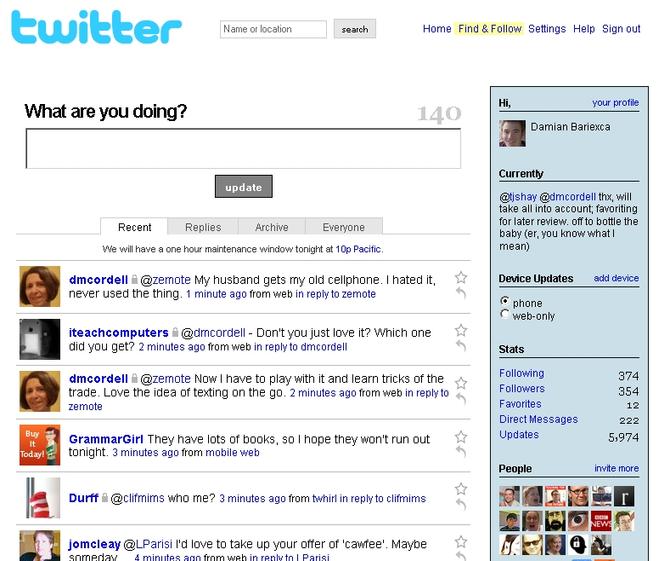I’m very happy to be back in the classroom once again this semester. After I stopped teaching high school English to become a school psychologist, I was only out of the classroom for three years before I had the opportunity to teach a graduate level class in developmental disabilities to mid-career teacher certification students. I did that for two summers before demand for the course dwindled and my services were no longer required. Now, six years on, I am teaching an undergraduate course this semester (for the same university) on teaching literacy in content area classrooms.
This is good for me for a number of reasons. First and foremost, I have always missed teaching since leaving the classroom ten years ago. I may not have missed some elements of the job, but I have always missed the act and art of developing engaging lessons and teaching students, regardless of age. I also think it’s good for me, as somebody who evaluates teachers as part of my job, to keep my hand in the craft as best as I can. In no way am I equating teaching undergraduates to teaching high school (or middle or elementary school); each context has unique opportunities and challenges, and certainly I deal with far less oversight, bureaucracy, and red tape in my adjunct teaching position than does a full-time K-12 teacher. This position, however, does afford me the opportunity to put into practice the suggestions I give my staff, as well as try for myself the great things I see them doing with their students.
I’d be lying if I said I wasn’t feeling a bit rusty and anxious about going back after such a long layoff. Planning a course from scratch is tough, especially since I haven’t ever taught a full semester of three-hour classes before (those grad classes were accelerated summer sessions; just 7 or 8 weeks). From the “that’s just my luck” files, I also came down with the flu early in the semester, which necessitated canceling the second class and risking losing whatever momentum we gained in the first class. I’m happy to say, however, that despite the anxiety and the uncertainty and the hours of planning I’ve put into the course (and will continue to, as I refine my vision for what it needs to be), it energizes me to no end to work with a group of enthusiastic future educators who have been kind enough to humor my dumb jokes late on Monday nights.
It would be much easier for me to turn this course into a series of three-hour lectures, but while I am a man of many flaws, hypocrisy generally isn’t one of them. I’m seizing this opportunity to walk the walk and live up to the high standards I hold for my staff every day, hopefully achieving the dual purpose of teaching my students the information they need to learn while also modeling effective teaching practices they can take with them into their own classrooms.
